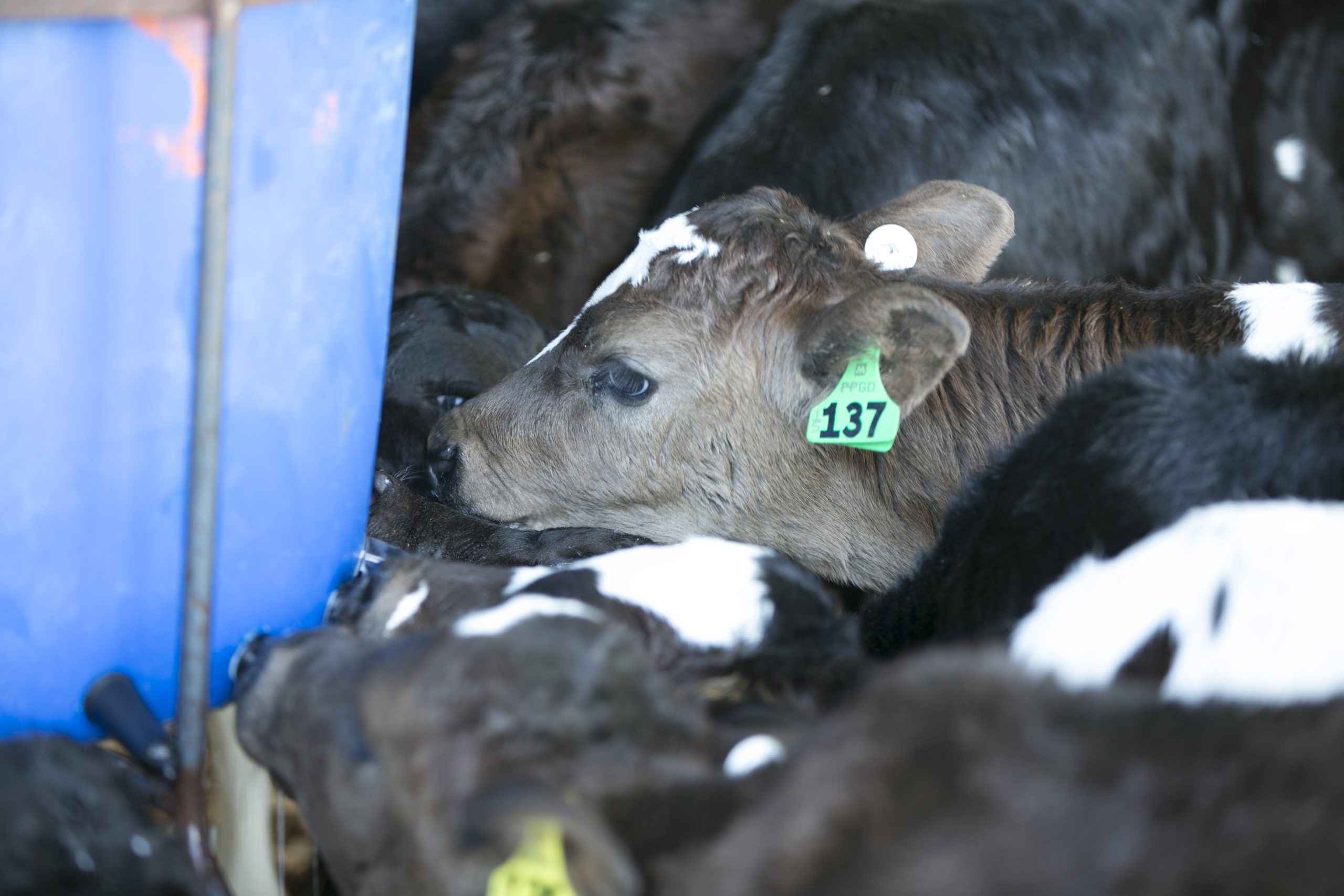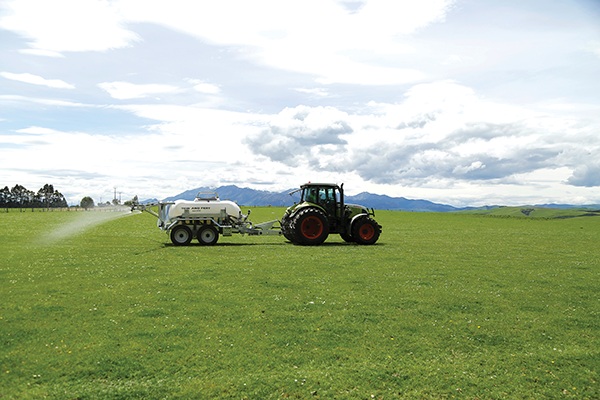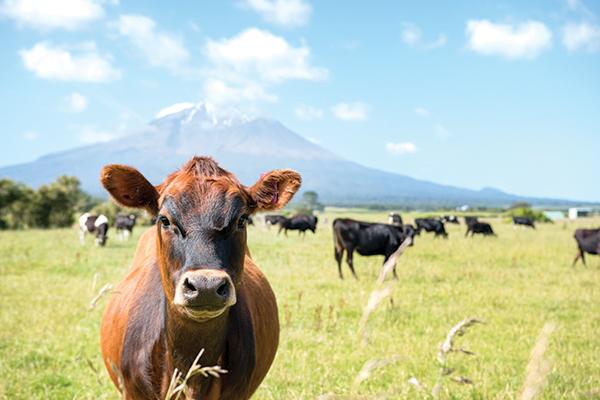Four attributes of colostrum management
Good colostrum management increases the probability of your animals’ acquiring adequate levels of antibodies.

It is critical that newborn ruminants receive colostrum in the first 24 hours after birth. This enables them to maximise absorption of antibodies from colostrum before gut closure occurs.
Maximum absorption takes place as soon as possible after birth, whilst passive transfer of immunity (the process by which antibodies pass through the walls in the gut to be absorbed directly into the bloodstream) is also influenced by the quality, quantity and cleanliness of the colostrum fed to the newborn.
Four attributes of colostrum management that increase the probability of your animals’ acquiring adequate levels of antibodies are:
- Quickly: The first feed of colostrum should be as soon as possible following birth, preferably within 1 to 2 hours.
- Quality: Quality maternal colostrum should have a drymatter content of at least 22%. This can be measured using a Brix refractometer. If the colostrum is less than 22% MS, consider enriching it with AgriVantage’s Launchpad18 Colostrum Powder.
- Quantity: Calves should receive a minimum of 100g of IgG. To account for variability in maternal colostrum quality and efficiency of absorption by calves, a minimum of 4L of maternal colostrum is recommended.
- Cleanliness: It is vital that bacterial contamination of colostrum is minimised during collection, storage and feeding of maternal colostrum. High bacterial levels not only pose a risk of causing disease in newborns, but also dramatically reduce the absorption of antibodies – meaning calves have less protection against disease.
If colostrum is not fed within one to two hours of collection, it should be refrigerated or frozen.
- For more information on the importance of colostrum for animal performance, how to ensure passive transfer of immunity and a guide to colostrum enrichment, visit http://agrivantage.co.nz





